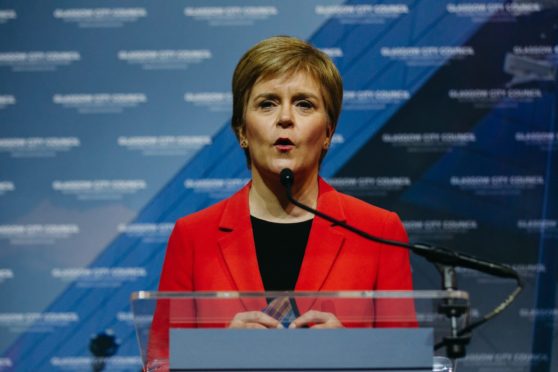Since the polls closed in the Scottish parliamentary elections at 10pm on Thursday night, the debates over who to vote for have given way as to what constitutes a ‘win’.
Over the weekend I noticed some commentators and politicians stating the SNP needed 65 seats to ‘win’ the election.
Yet that is a Westminster-style take on Holyrood, where there are two different electoral systems.
Like it or not, the UK is a multi-party parliamentary democracy.
That means governments, especially those at Westminster, are elected on a minority of votes often delivering a majority of seats.
As a consequence, those governments make far reaching decisions on a minority of votes.
Decisions, deals and dangers
In 2015, David Cameron won a majority with just 36.7 per cent of the vote. That led to the Brexit referendum – the first piece of legislation in Parliament after the election.
The rest is of course history and in the snap election of 2017 Theresa May won 42 per cent of the vote and lost her majority.
She was, however, able to continue in government and pass significant legislation relying on a deal with Northern Ireland’s DUP who had won just 0.9 per cent of the UK vote.
Two years later Boris Johnson won an 80-seat majority based on just 43.6 per cent of the vote.
The prime minister used that mandate to define our future relationship with the EU and even within the UK with the Internal Market Act.
Scotland has a proportionate electoral system that seeks to be more representative of votes cast.
Some context: If the SNP win 63 out of 73 Holyrood constituency seats it is the equivalent of a winning party winning 559 out of 650 Westminster seats.
At Holyrood, governing parties are usually in a minority and have to take the views of other parties on board.
That makes government more difficult but governance better.
‘Legitimate expression of the will of the people’
On a record turnout, a majority of MSPs were elected with a commitment to hold an independence referendum (You cannot treat Green votes, who stood on an explicit pro-independence platform, as being pro-Union).
That is therefore a legitimate expression of the will of the people.
It is becoming increasingly untenable to deny them the right to have a say over their future.
Stephen Gethins is a Professor of Practice at the School of International Relations at the University of St Andrews. He is a former SNP MP for North East Fife.


